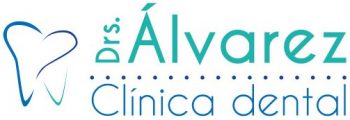There is a number of conditions related to the temporomanibluar joint or TMJ, the structure that connects the jaw with the rest of the cranium. Its most frequent symptoms are pain located near the ears or in the chewing muscles along with noise when opening or closing the mouth or it can occasionally present difficulty or blocking when opening or closing the mouth.
The most frequent causes of TMJ disorders are bad habits that make the articulation work too much. Examples of bad habits are: biting nails, chewing gum and biting pens or pencils. Excessive stress and bruxism also play an important role.
Bruxism consists in grinding and clenching teeth involuntarily during the night or even at daytime. It is estimated that about an 80% of the population have it at some point of their life.
